‘Forecasts are not destiny,’ said Liz Truss in last night’s debate: a remark that has drawn alarm in some quarters. If she genuinely believes that, says Robert Peston, she needs to say what her understanding is of the status and point of economics and economic forecasting. ‘Are we back to Gove’s “experts are discredited”?’ he asks. ‘This stuff matters.’
It certainly does. I’d go further and say that the approach to economic forecasts is one of the biggest differences between the candidates. Rishi Sunak’s campaign is rather fatalistic: he seems to think we cannot really avoid a big-state, high-tax, low-growth future described by these forecasts. Under his plan then he’d need seven long years to reverse only half of his tax rises – and still leave us with the highest tax burden since the 1950s. Truss says there is another way, but she hasn’t said much about how she’d finance it.
But let’s go back to Truss’s point about forecasts, and Robert Peston’s question of how she sees the ‘status’ or economic forecasting. This dismal science has had a mixed record of late. A 2019 Bloomberg study looked at 469 downturns in national economies in the previous three decades and found only four had been predicted by the International Monetary Fund. In the UK, a recession was widely predicted after the Brexit vote. It didn’t materialise. Then we had the 2009 crash that, as the Queen pointed out, no one saw coming.
And who saw inflation coming? As Niall Ferguson recently observed, if you go back to Easter last year only a handful of economic commentators were warning about what was in store. There was Hoover’s Michael Bordo, Bloomberg’s Mohamed El-Erian and, of course, my colleague Kate Andrews – who wrote a Mar21 Spectator cover story on it. “The Spectator joins the inflation doom-mongers” announced the FT, accusing Kate of “stoking panic in a bid to revive an austerity doctrine.” I’d call it doing her job as an economics reporter, alerting readers to a rather large storm on the horizon – but never mind.
The below graph shows Bank of England inflation forecasts (in grey) which were closely behind the consensus drawn up by dozens of brilliant economic minds.
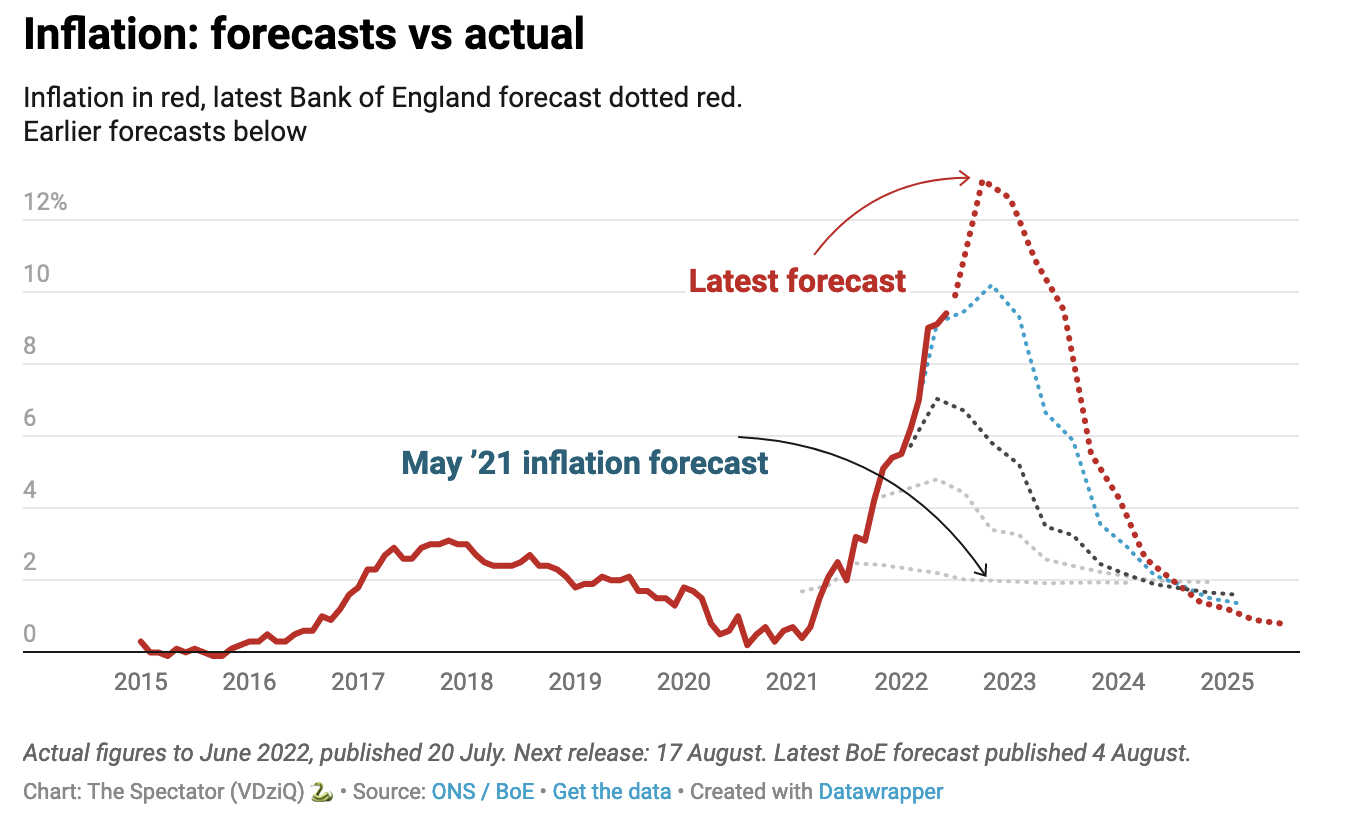
Does the above mean the experts are stupid? No, it just underlines the problem with economic models. They are a mixture of maths and subjective assumptions: if one of the many assumptions is wrong, the whole picture changes. The Sage models on Covid were staggeringly wrong, yet failure to realise the limitations of these models may have put Britain into a needless lockdown – fuelling the economic and public health problems confronting us now. In general, an exaggerated belief in the reliability of models is responsible for a lot of major policy mistakes. And yes, the Ukraine war was a shock. But inflationary forecasts were being revised up (a lot) before then.
But – again to Robert’s question – Truss might also argue that consensus forecasts are a fair summary of where the UK will end up on the Sunak trajectory, which is why deficit-financed tax cuts are needed. Of course, no one has really done models showing where her policy would lead. Perhaps to the same outcome, but with much more debt.
The last big argument about economic forecasts was in 2011 when the Cameron coalition government wanted to cut civil service payroll and economists said this would compound unemployment. Ed Miliband said half a million public sector jobs would go, triggering the loss of half a million more job losses in the private sector – so ‘a million jobs in all’. David Blanchflower, one of Britain’s foremost economists and ex-MPC member, lent his heft to the argument. ‘Over the past six months, employment has grown by only 65,000,’ he said, ‘Far below the numbers needed to compensate for the cull of jobs the coalition has planned. Unemployment is set to rise.’
When The Spectator had the temerity to disagree, I had the honour of being the subject of a long blog by him in April 2011. ‘The Tory apologist Fraser Nelson in the Spectator thinks that I am wrong. I am not. I am afraid his critique is entirely unconvincing, showing no knowledge at all of basic economics.’
It’s a familiar refrain: those who demur from the consensus are ignorant, who don’t believe in experts, economically illiterate etc. I was struck by this as it was the first time I’d encountered what Swedes call the “opinion corridor” – a rigorously-policed range of debate outside which you only stray if you’re prepared to be called mad. Osborne created the OBR partly for this reason: he didn’t like the power Robert Chote and the Institute for Fiscal Studies (IFS) had over economic debate. He wanted to create a new economics forecasting unit that would take a dynamic view, be more prepared to predict growth coming from supply-side reform – making it easier for him to propose tax cuts.
If a government can only walk down a road that forecasters think is viable (which seems to be the Sunak view) then these forecasters have huge power. They become the SAGE of the economics world. As things turned out, the OBR never became this supply-side orientated forecaster that was originally envisaged. So it ended up underestimating the effect of the Cameron reforms, always underestimating employment growth. As did everyone, including David Blanchflower.
Anyway, when it came to job cuts this genuinely brilliant professor was quickly proved entirely wrong. Unemployment did not rise. In fact, the private sector went on to create five jobs for every one shed by the state sector – the greatest jobs expansion seen in postwar history.

In fact, more jobs were created under Cameron than under any postwar prime minister. Something that not a single economist predicted. Below shows employment levels vs forecasts.

Why did Prof Blanchflower, a labour market specialist, not anticipate the biggest employment expansion in in his adult lifetime? Why were the OBR and consensus economists (the dotted blue line above) so far off? Because not for the first or last time, they underestimated the positive impact of supply-side reform.
So did the Tories have superior technical insight? No, it was just a difference in outlook: a belief that if the state moves out of the way then society will put the freed-up resources to better use. And more importantly, a belief that gloomy forecasts are there to be beaten.
This is Truss’s message now. This isn’t to say she’ll be vindicated: as we argue in The Spectator’s leading article this week to defy the odds you need a clear strategy and it’s far from clear that she has one. But is there a difference between forecasts and destiny? Absolutely.
Got something to add? Join the discussion and comment below.
Get 10 issues for just $10
Subscribe to The Spectator Australia today for the next 10 magazine issues, plus full online access, for just $10.


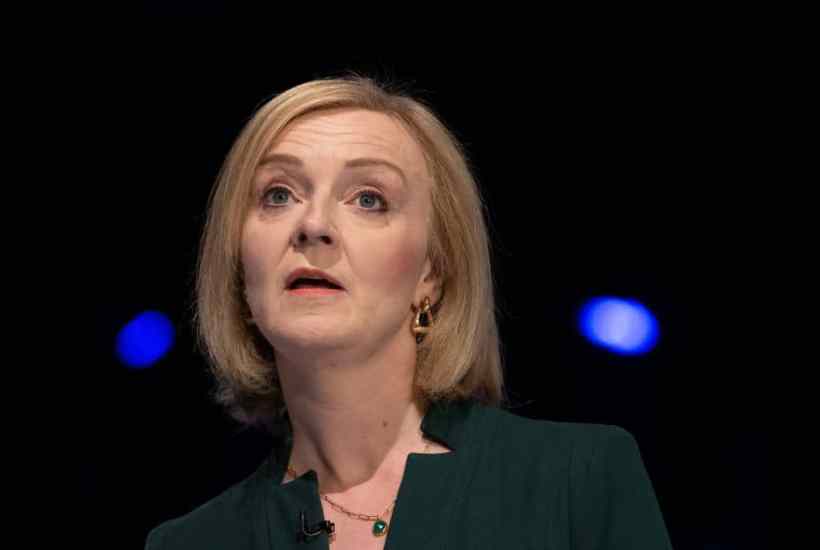
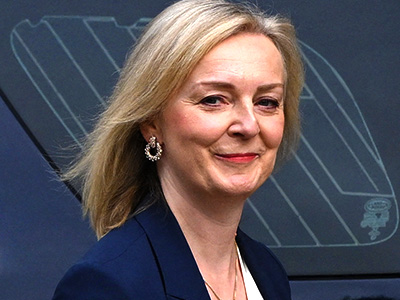
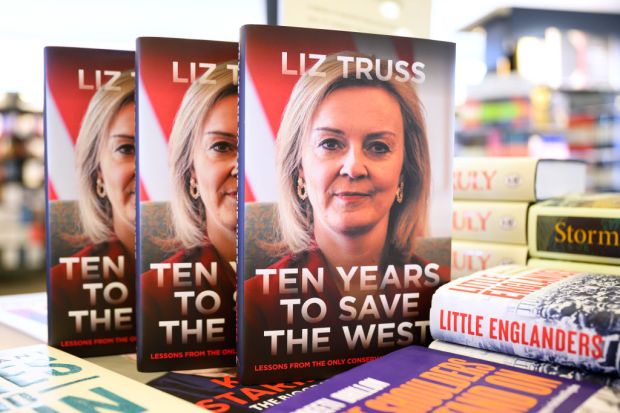
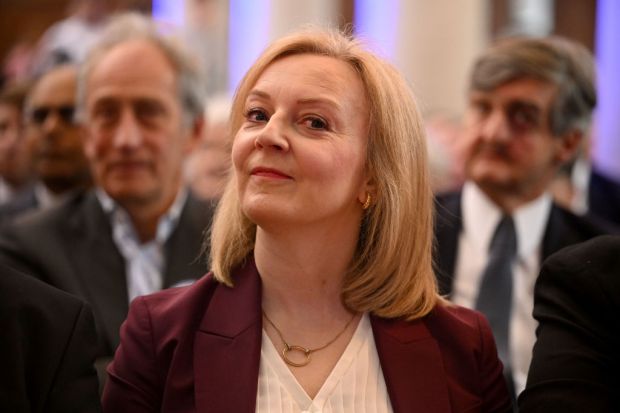
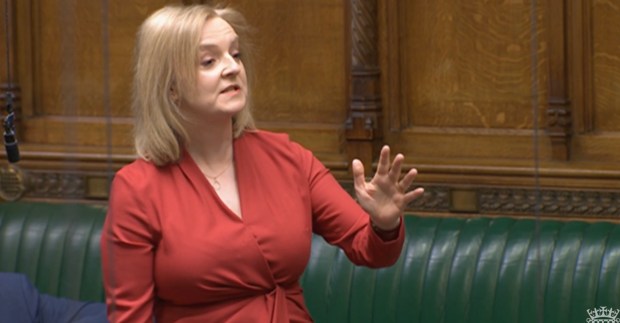














Comments
Don't miss out
Join the conversation with other Spectator Australia readers. Subscribe to leave a comment.
SUBSCRIBEAlready a subscriber? Log in